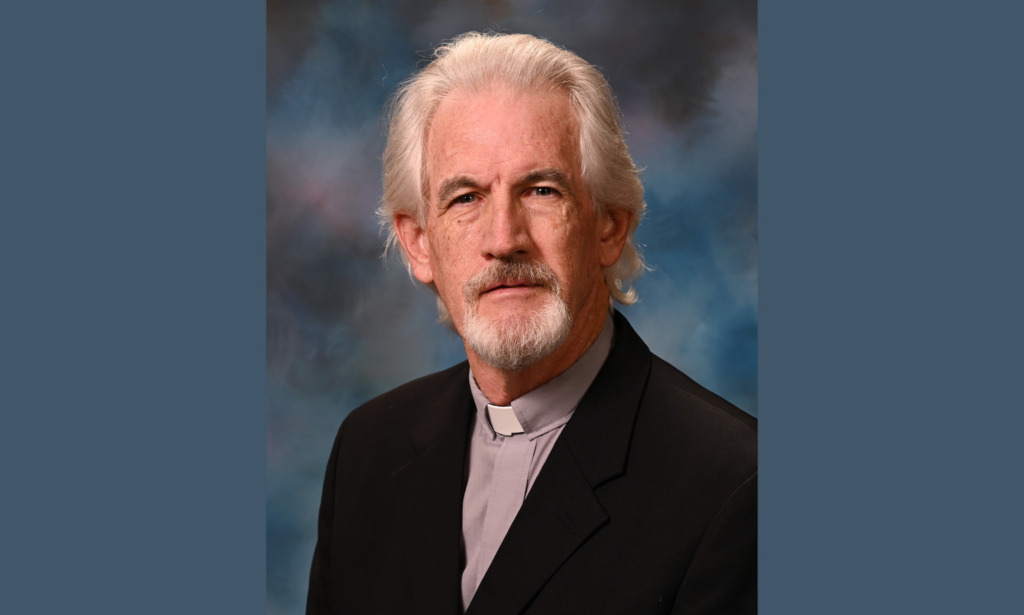Solemnity of the Most Holy Body and Blood of Jesus Christ Gen 14:18-20; Ps 110:1-4b; 1 Cor 11:23-36; Lk 9:11b-17
As we prepare to celebrate the Solemnity of the Most Holy Body and Blood of Jesus Christ, it is important to talk about what we celebrate and what that means for us as practicing Catholics.
As Roman Catholics, we hold the belief of “transubstantiation.” This is the belief that the bread and wine offered as our gifts become the body and blood of Jesus Christ. They are not symbolic. They are not a representation of Jesus’ body and blood.
Through the words of institution spoken by Jesus at the Last Supper and commanded by him to be continued in his memory, the bread and wine become the Real Presence of Jesus Christ — a miracle that happens at every Mass.
If we celebrate this on Holy Thursday and at every Mass, why do we need or have this solemnity? If I were to ask, “What do you remember from the Mass on Holy Thursday?” what would be your response?
Probably the first response most people have is, “The washing of the feet.” It might be the procession and reservation of the Eucharist at the end of Mass or maybe the time in adoration before the Eucharist.
The institution and importance of the Eucharist seem to get lost with all the sacramentals of Holy Thursday. This Sunday’s solemnity was established to highlight the great importance of our belief in the Real Presence of Jesus Christ, his precious body and blood, in the Eucharist.
It is even more important to reaffirm that belief and the importance of this sacrament for us today. A Pew Research Center survey in August 2019 showed only 31% of U.S. Catholics say they believe that “during Catholic Mass, the bread and wine actually become the body and blood of Jesus.”
As important as this belief in Real Presence of Christ in the Eucharist is, there is another transformation that needs to take place in the celebration of the Eucharist. We are called to become that of which we partake, so through us others may experience Christ in their lives.
“The Body and Blood of Christ are given to us so that we ourselves will be transformed in our turn. We are to become the Body of Christ, his own flesh and blood.” (Pope Benedict XVI, Homily at Marienfeld, Twentieth World Youth Day, Aug. 21, 2005.) We need to become the presence of Jesus in the world and to do what Jesus did.
In the Gospel, Jesus tells the Apostles, “Give them some food yourselves.” They reply, “Five loaves and two fish are all we have.” Seven represents perfection in the Scripture, and these seven items of food are all they have. Their perfect gift is all they have.
Our perfect gift is all we are, and our all is enough for God to work miracles. When we are transformed, it is Jesus who lives in us (Gal 2:19), and through us, others can experience Jesus in their lives.
The Solemnity of the Holy Body and Blood of Jesus is important to us as Catholic Christians. It reminds us of Jesus’ great gift to us. It reminds us that we are called to be transformed so others might experience God through us.
If we are not transformed in the reception of the Eucharist, what does the transformation of bread and wine into the body and blood of Jesus mean for us?
Deacon Christopher Colville serves at Church of the Redeemer, Mechanicsville.

